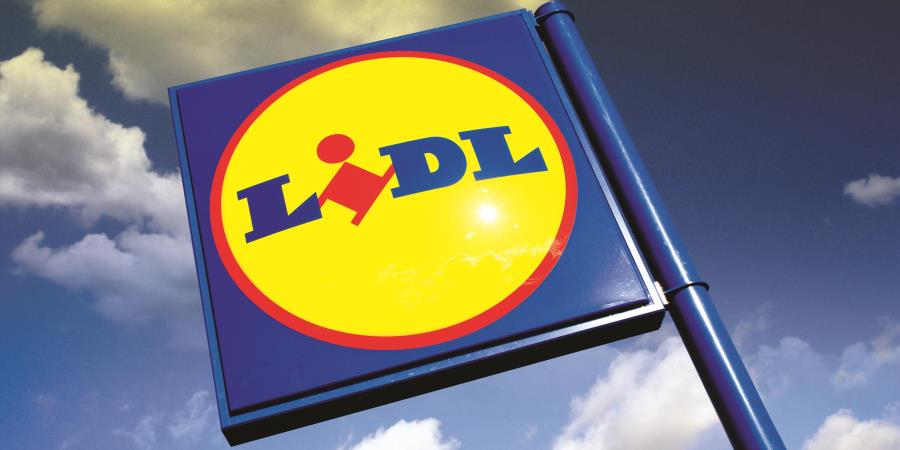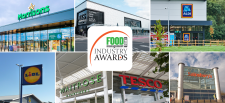Lidl has increased its market share to a new record high of 5.2% and become the UK’s seventh largest grocer, topping Waitrose for the 12 weeks ending 13th August, according to figures from Kantar Worldpanel.
Lidl’s market share grew 0.7% year-on-year, as ten million households visited the retailer’s expanding network of stores during the past 12 weeks and increased sales by 18.9%, overall.
Kantar Worldpanel’s head of retail and consumer insight, Fraser McKevitt, commented: “Lidl is growing sales 40% faster with families than with households without children.
“Families tend to buy more items each time they shop, so strong growth with this demographic has helped Lidl to increase its average basket size year-on-year.”
McKevitt also noted that Aldi grew sales by 17.2%, attracting 1.1 million more shoppers than this time last year and increasing its market share by 0.8%, which peaked at 7%.
Kantar Worldpanel’s figures also revealed that all four of Britain’s biggest grocers managed to grow sales for the fifth consecutive period, marking a run of collective success not recorded since 2013.
However, McKevitt cautioned that this period of sustained growth “hasn’t been enough to entirely offset pressure from the discounters: the big four now account for just 69.3% of the UK grocery market – down from 76.3% five years ago – and that looks set to fall further in the coming months”.
Burger sales drop while sausages ‘go posh’
Overall supermarket sales grew by 4% year-on-year, despite what has been described as ‘disappointing’ summer weather, affecting sales of burgers, which dropped by 25%, marking an £8 million loss year-on-year.
In contrast, sausages were benefited by a “growing taste for posh bangers”, as one third of sausages purchased during the month were from premium own label lines, as retailers “persuaded shoppers that sausages should be enjoyed beyond the barbecue”.
In the meantime, sales at Tesco were up by 3%, helped by an increase in volume sales, but market share fell to 27.8%, down 3% compared to last year.
Morrisons increased sales by 2.6%, enjoying the ninth consecutive period of growth, while market share dropped slightly, peaking at 10.4%.
Sainsbury’s sales rose by 2%, as the grocer’s market share fell to 15.8%, down 0.3% year-on-year.
McKevitt added: “After a difficult couple of years, Asda has managed to continue the run of positive sales performance which began in April this year – up 1.4% during the latest quarter.
“Own label has been important to the grocer’s turnaround, providing a boost from both ends of the price spectrum: the value ‘Farm Stores’ and premium ‘Extra Special’ lines both saw double-digit growth during the past 12 weeks.”
Co-op’s sales fell by 0.4%, along with its market share that dropped to 6.3%, down 0.3% compared to this time last year.
The decline has been partly attributed to the retailer’s sale of nearly 300 of its stores to convenience chain McColl’s.
Elsewhere, online specialist Ocado increased sales by 12.6%, now holding 1.4% of the overall grocery market.









